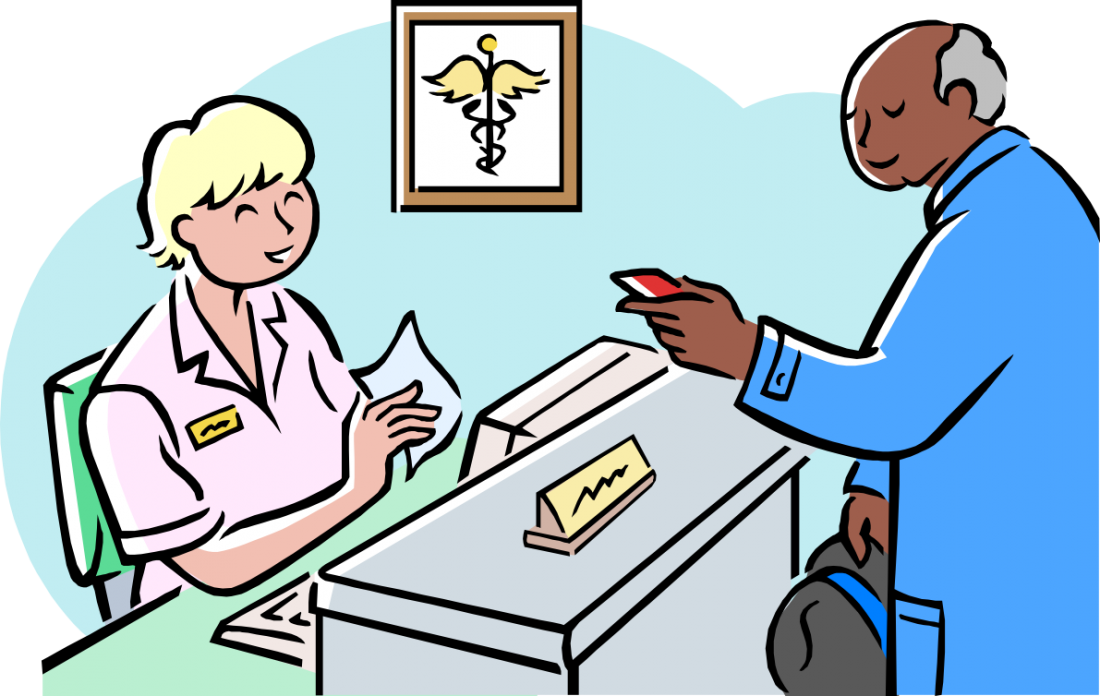Communication, Tension, and Difficult Situations at the Front Desk
Have you ever walked into work excited to start the day and then within 15 minutes you feel completely defeated? Healthcare settings can be some of the most fulfilling yet most challenging places to work. Your duties and tasks may be your own, but you often rely on others to do their job for you to effectively do yours, thus the term “team effort”. Perhaps you are constantly waiting for orders to be entered so you can schedule an appointment. Maybe the appointment times are not long enough, and you encounter an overcrowded waiting room daily. Sometimes every call you answer requires a ton of time, which keeps you from helping those who have signed in. Patients are upset or not feeling well, and they are taking it out on you. These are all common to medical practices, not the best part of your career in healthcare but a part you can’t always avoid.
How do you handle these stressful times? Do you just keep moving, and addressing one issue at a time? Do you get upset to the point where you can no longer hide your dissatisfaction in the presence of patients/clients? Perhaps you start cutting corners to save time? Maybe you just check out mentally and complete your shift in such a robotic manner that nobody dares speak to you?
We must always approach our work life with an open mind, and a solution-based approach. If your first thought when faced with a problem is “how can I resolve this?”. “What can I do to make this better?” Or “What way can I impact this scenario positively?” Then you are on the right track. Avoid initial responses that may add fuel to an already difficult situation. For instance, the patient may not always be right but that doesn’t mean it is your job to prove how wrong they may be. You do not have to tell someone why they are wrong or incorrect all the time. You can just provide the information that will resolve the situation. It may counteract the patient or client’s original thought, but you did it without adding hostility. People know when they are wrong, some will retract a statement or even apologize. However, others may just continue to do be combative, rude, or attempt to prove their point of view. The direction of the conversations at the front desk are up to you. You could change the direction and the outcome. Your responsibility is to make sure the patient has what they need, is provided accurate information, and receives stellar customer service while visiting your facility.
What if the issue of the day does not concern patients at all, but behind the desk there is some unavoidable tension. On top of that, perhaps it has nothing to do with you! Now what, how can you be the problem solver among your colleagues? You probably won’t be. Although, if you remain neutral, proceed as usual, you will not add to whatever conflict has taken place. If you keep your mood even and your actions professional your energy alone can improve the situation. Others may find themselves feeling disappointed in a coworker or having had a professional disagreement. If you do not instigate or seek out information about the situation it will generally resolve itself faster. When more people get involved in a matter it is equivalent to adding fuel to the fire.
Whether you have struggles with your patients or your coworkers there are always ways to keep the conversation from getting out of control.
- Keep lines of communication open, listen instead of preparing your response in your head
- Don’t add to an already hostile environment
- Don’t feel like you must get involved in every issue, do not become a part of it
- Be positive and professional in your engagement with patients’ and coworkers
- Alert management if you witness anything becoming out of control
- Take a deep breath before you respond during any heated conversation that may arise at work
- Remember “You are the bridge” and your role in your organization is valuable. Customer service is #1 and it starts with you.
A bad moment or experience does not have to equal a bad day. You have the strength and power to move past it and change your mood and future interactions. You are also allowed to get frustrated and overwhelmed at times, it happens. Recognize when your work environment is affecting you negatively and do your best to change or take the right actions to improve it. Immediately. Medical settings can be some of the most stressful but at the same time some of the most rewarding in terms of communication, problem solving, cohesiveness, accountability, and teamwork driven results for patients. Always remember why you entered the field of healthcare; it will help during the tougher times.
Visit www.medicalreceptionistnetwork.com and join our community on Facebook. The Medical Receptionist Handbook to Success is available on Amazon.

